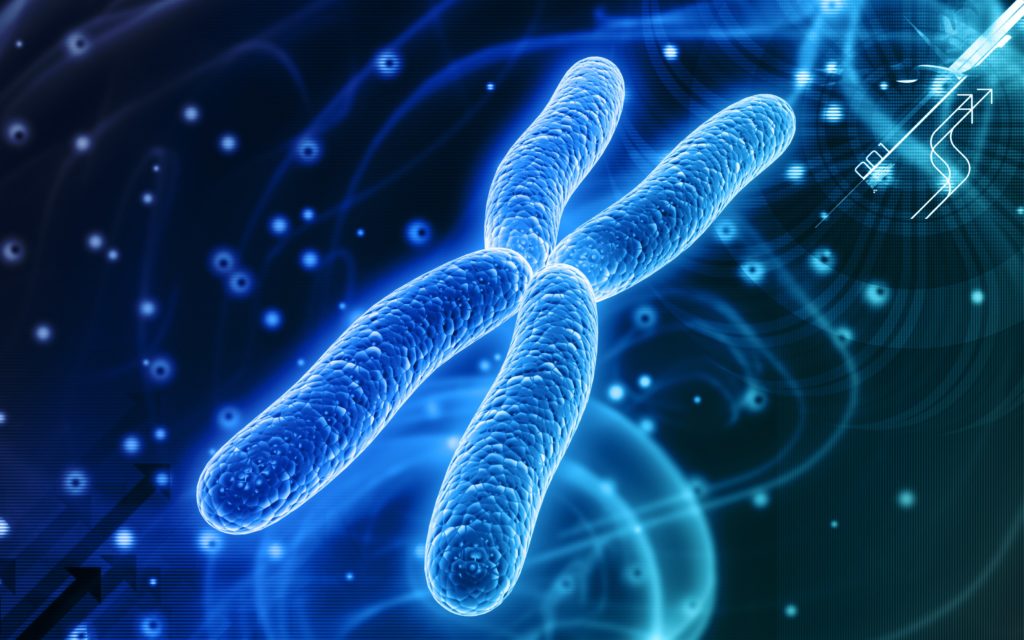
Epigenetics can be described as the study of biological mechanisms that will switch genes on and off. The idea behind epigenetics and the connection to trauma is that the experiences (positive and negative) that a person undergoes can alter their genetic expression.
The concept of epigenetics is important for practitioners to understand because they may work with an individual from a specific cultural background which has experienced historical trauma. Examples of historical trauma could include slavery, the Holocaust, and the treatment of Native Americans. The individual you are working with may not have directly been enslaved but his ancestors may have been slaves working on a Georgia plantation in 1890. Your client may not have physically been among the tens of thousands of Native Americans who were forced to move to Indian Country in the 1830s, but her ancestors from 9 generations prior experienced the trauma of that time and Native Americans continue to cope with the effects of a legacy of forced relocation and the struggle to retain cultural traditions and languages.
What might this look like? We know that some groups of people who lived through famine had children and grandchildren who lived longer because their genes kicked in strongly for survival. However, that group of people also tended to struggle with depression. Groups of people whose ancestors lived through famine also tended to be very underweight. On the other hand, people were studied who had lived comfortably with plenty of food and resources, and these people tend to die earlier.
This information is fascinating and leads to questions about whether we have any control about our DNA, or if we are destined to live our lives based on our parents’ and grandparents’ circumstances and choices. The answer is that everything we do with our whole life, from the food we eat to the habits we perform to the thoughts we think, impacts our DNA. There are histones in our body which are monitoring our genes and ordering our DNA, and they are playing a role in gene regulation. If we are born with a gene that predisposes us to struggle with addiction, we can dampen that gene by avoiding substances as well as by our food choices, healthy habits, positive thoughts, and accomplishments. Likewise, the obesity gene “FTO” can be dampened by 40% when a person walks daily for exercise.
So the “Nature vs. Nurture” debate continues. We see that individuals are affected by their genes and their environments. Yet we all play a role in how our life choices impact our long term well-being. For more information you may wish to watch this TEDxTalk:
https://youtu.be/Udlz7CMLuLQ “Epigenetic transformation – you are what your grandparents ate”

